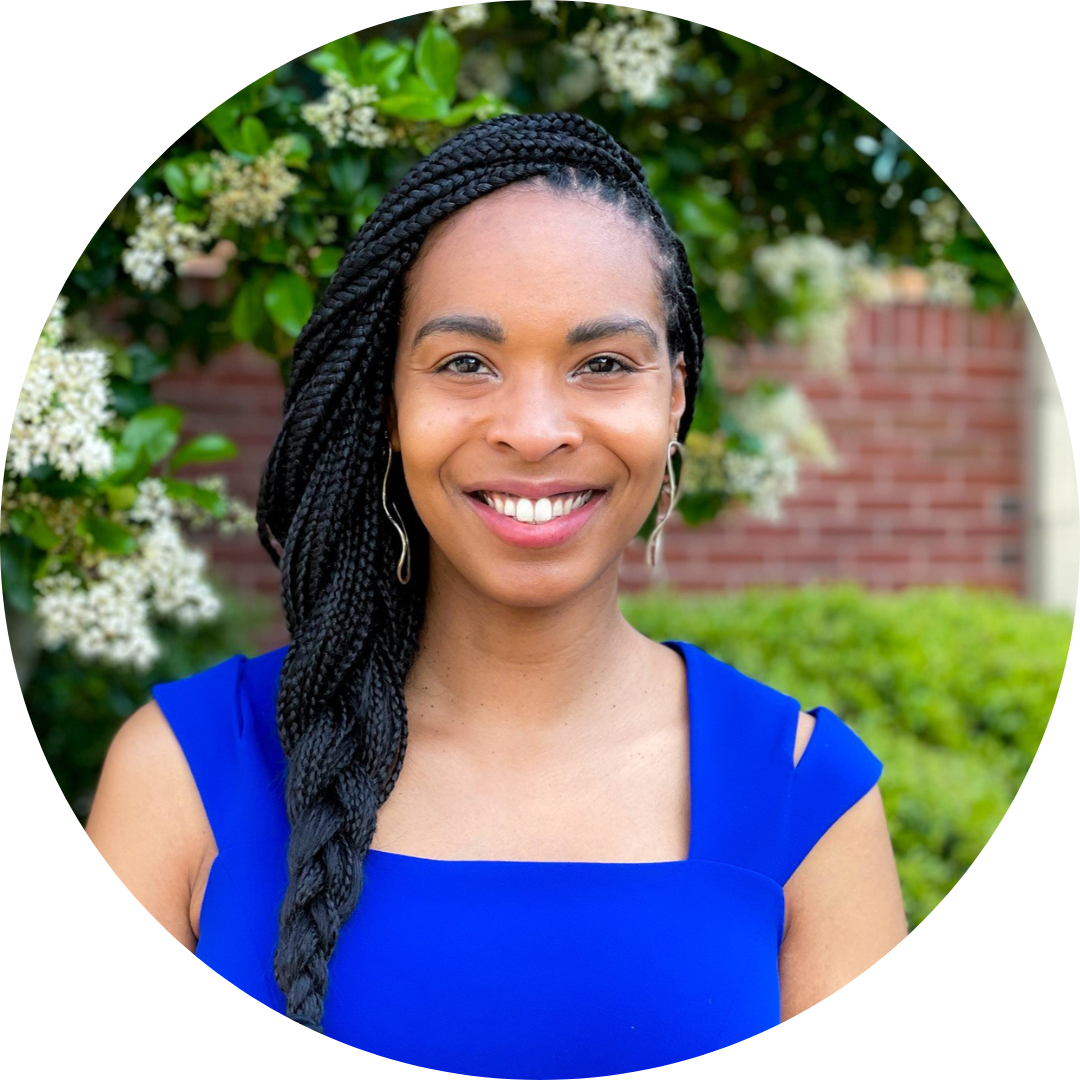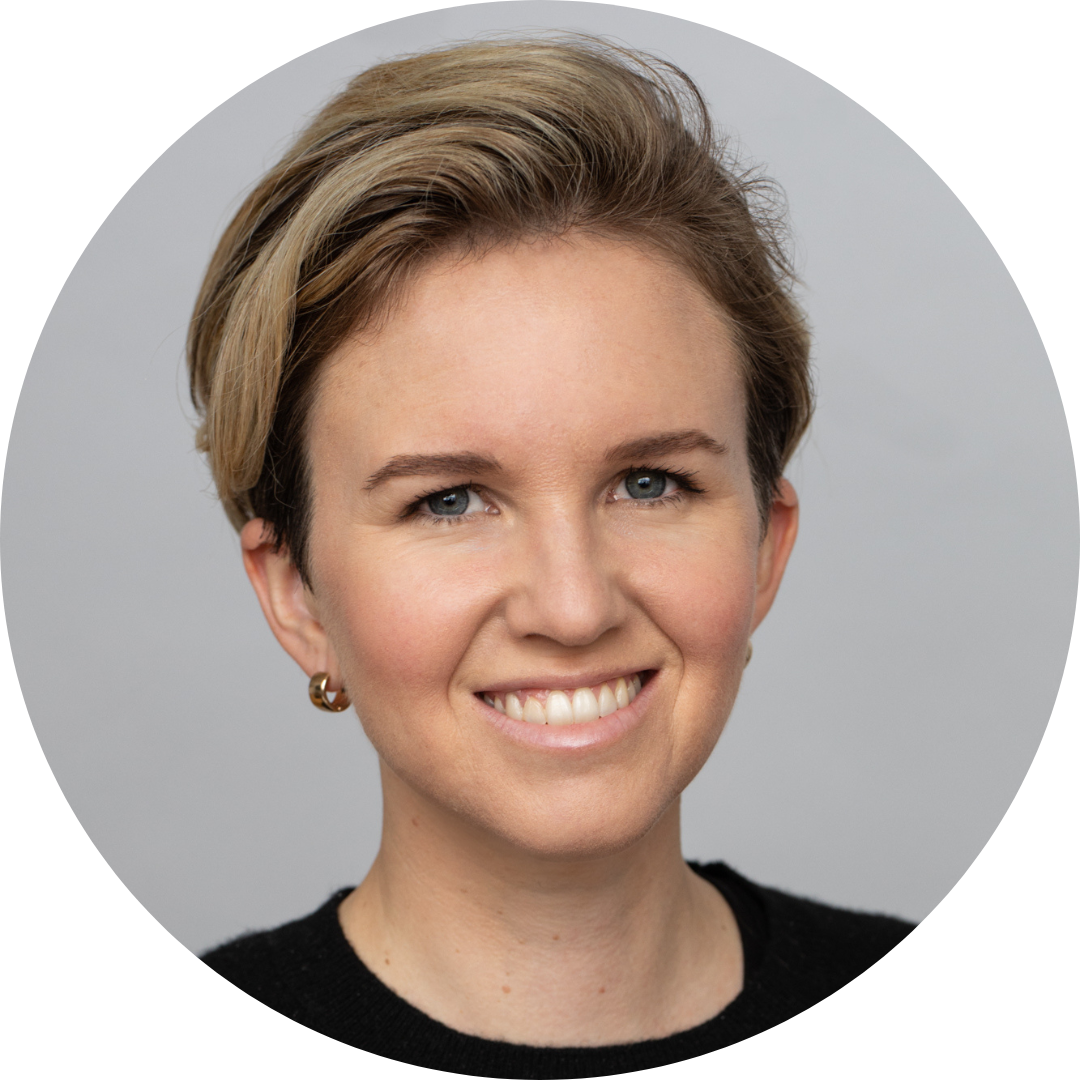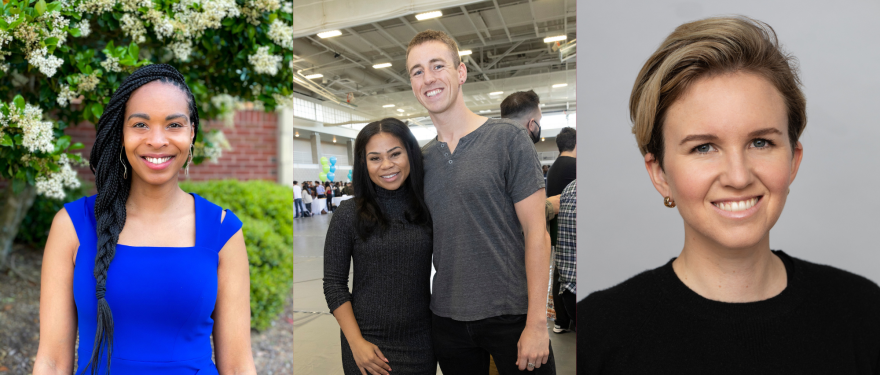After graduating from Cornell University, where he majored in policy analysis, Joshua Mbanusi (MBA 2021) spent seven years working in education and for a nonprofit that advances equity and economic mobility in the southern United States. That experience challenged his preconceived notions about business and sparked his interest in leveraging it to address social issues, which ultimately led him to HBS.

Mbanusi, who now works for Guild Education, a tech platform that helps employers reskill their employees debt-free, found in his first few months at HBS that very little about the campus and culture was familiar, especially for someone coming from a low-income background. Students like him, as well as those who were the first in their families to attend college, often face unique challenges in adjusting to academic, cocurricular, and social life at HBS. The School provides a variety of services and resources for them, including advising and counseling, one-on-one tutoring, workshops, and specialized career coaching.
These offerings have been informed by the work of a task force cofounded by Holly Fetter and Alexxis Isaac (both MBA 2020) when they were students to examine and address socioeconomic inclusion at the School. “Throughout my first year, I was pleased to see an increasing focus on race and gender, but it felt like the socioeconomic background piece was missing—an underexplored dimension of diversity,” Isaac explains. “Many people aren’t comfortable sharing that they don’t have much disposable income.” Fetter adds, “Socioeconomic status is such a salient and stressful part of many people’s lives, although there’s not a lot of open conversation about the topic. There is an invisible yet very present tension on campus around people’s access to finances, although, ironically, students talk about money and profit and revenues in the classroom all the time.”

The Socioeconomic Inclusion Task Force, which comprised students, faculty, and staff from the MBA Program, Admissions, Financial Aid, and Career & Professional Development, worked to address the issue and to surface related tensions in the community. One issue that arose during discussions with students was the cost of extracurricular and social activities. These expenses can add up and impact students’ ability to feel like they can fully participate in the experience.
After months of work, in April 2020, the task force presented a comprehensive report to then-Dean Nitin Nohria that outlined a number of challenges and offered a range of recommendations. Fetter and Isaac are pleased that the School has already implemented some of those recommendations, and after the cofounders graduated, Mbanusi continued their work as a copresident.
One notable outcome was the creation of the First-Generation Students Club, which aims to foster a supportive community where first-generation and low-income students and allies can enjoy the HBS experience together through events and programs. The club collaborates with similar clubs across Harvard University and at other business schools. It hosts social events where members can meet and connect, piloted a drop-in tutoring program leading up to midterm exams, and presents guest speakers. For example, in October 2022, Gorick Ng (MBA 2018) shared insights from his experience as a first-generation student at Harvard College and HBS that informed his book, The Unspoken Rules: Secrets to Starting Your Career Off Right.
“Navigating norms and rules in the workplace and on campus can be difficult for people from different socioeconomic backgrounds,” says Insik Kim (MBA 2023), who is copresident of the club along with Nashae Roundtree (MBA 2023). “It’s so valuable for our members to hear from alumni who’ve lived the first-gen experience and been successful—how they have navigated obstacles and what they have learned,” says Roundtree.
This article was originally published in the March 2023 edition of the HBS Alumni Bulletin.

